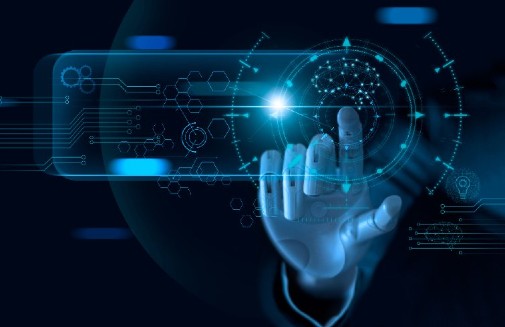An international team of scientists, involving researchers from the University of York, have assessed how robotics and autonomous systems might help the UN achieve its Sustainable Development Goals (SDGs).
 Robotics and autonomous systems are reshaping the world, changing healthcare, food production and biodiversity management
Robotics and autonomous systems are reshaping the world, changing healthcare, food production and biodiversity management
Their findings identify key opportunities and threats that need to be considered while developing, deploying and governing robotics and autonomous systems.
According to the report, major opportunities include the potential to support and enhance human activities, foster innovation and supercharge research and development. Threats include reinforcing inequalities and exacerbating environmental changes.
Profound
Technological advancements have already profoundly altered how economies operate and relationships between people, society and environments . Robotics and autonomous systems are reshaping the world, changing healthcare, food production and biodiversity management.
The research, published in Nature Communications, is the first to systematically consider the potential positive and negative impact of these developments on the delivery of SDGs. It involved a horizon scan, with more than 102 experts from around the world participating in online surveys, group discussions and workshops.
Consequences
Co-author of the report, Professor Lindsay Stringer from the Department of Environment and Geography at the University of York, said: "Our study highlights how we need to take a really close look at examining developments in robotics and autonomous systems in the early stages of design and development in order to ensure we head off any detrimental consequences, as well as make sure that we aren't missing valuable opportunities for their deployment."
Lead author of the report, Dr Solène Guenat who carried out the research while at the University of Leeds, added "Robotics and autonomous systems are here to stay and will fundamentally transform how we interact with one another, technology and the environment.
"This transformation offers many potential benefits for sustainable development. However, realising those benefits while minimising unintended consequences is a complex challenge. Early identification of possible negative impacts along with early collaboration and continued dialogue across stakeholders will help us seize opportunities while avoiding pitfalls."
Major opportunities identified by the report are:
- Replacing human activities: Robotics and autonomous systems will take over manual tasks deemed too dangerous, repetitive, or for which labour cannot be found
- Supporting human activities: Assistive autonomous robotics will work with humans to facilitate human activities in the workplace
- Fostering innovation: Technological advances in robotics and autonomous systems will speed up research and development while improving collaborations
- Enhancing access: Autonomous transport systems, including drones, will facilitate access to remote and/or dangerous areas, ease distance communication, improve supply chains, and transform current modes of transport
- Monitoring for decision making: Automatic data collection will be used widely with speed and accuracy, and will influence decision-making
Potential threats identified by the report are:
- Reinforcing inequalities: Autonomous systems will be unaffordable for many countries and governments, and decrease the need for low-skilled labour, thus reinforcing gender and global inequalities
- Negative environmental impact: Robotics and autonomous systems will have wide-ranging impact on the environment through the use of resources needed for their production, the pollution created by their use and disposal, the landscape simplification they will require, and the disturbance of ecosystems they will provoke
- Resource diversion from tried-and tested solutions: Robotics and autonomous systems will require large amounts of financial resources to be implemented widely and competition for resources will put other proven measures at risk.
- Inadequate governance: A robust and regulatory framework around robotics and autonomous systems use and ownership of the data they collect will not be developed in time, leading to ethical issues and potential security risks.






